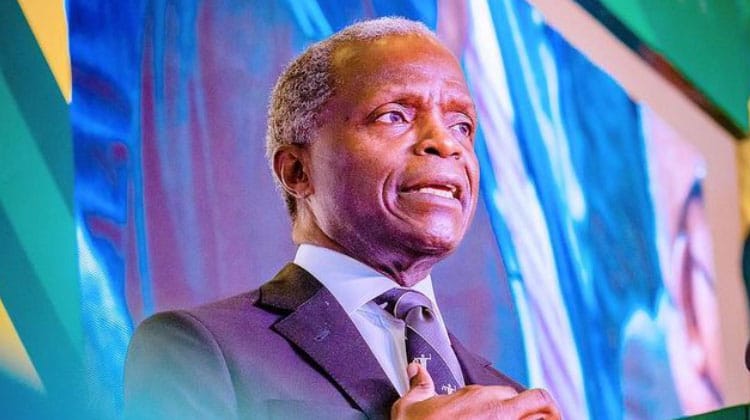“Superpolitik“, the latest volume of the former Romanian Ambassador at Washington, George Cristian Maior explores contemporary geopolitical and strategic dynamics, offering an in-depth perspective on international relations and how they influence global security and could be an important step in better understanding the nowadays mechanisms of power. In summary, in “Superpolitik” – that comprises ten years of work and studies – George Cristian Maior addresses complex topics such as globalization, war, peace, and international security. The book is structured to provide readers with a clear understanding of the main forces shaping global politics today. The author discusses the influence of great powers, the role of international institutions, and the importance of strategic alliances. Even more significant, in his book, Maior launches a new concept, that of “superpolitik”, a concept that can help further understand the mechanisms of power as they were embraced and used by the greatest leaders in the history.
Four keys in understanding the modern world “Superpolitik” is structured comprehensibly in four major themes which are very well contextualized and rooted in history: Globalization and Security, Power and Politics, War and Peace, Technology and Security. In “Impact of Globalization”, George Maior explores how globalization has interconnected economies and societies at an unprecedented level, facilitating the flow of information, goods, and people. This interconnectedness brings both benefits and vulnerabilities, creating interdependencies that can quickly amplify local crises to a global scale.
For example, The COVID-19 pandemic has clearly shown the vulnerabilities of global interdependencies, highlighting the importance of international cooperation in managing health crises. Globalization facilitated the rapid spread of the virus but also the collaboration in vaccine development and distribution. Thus, globalization brings security challenges through exposure to transnational threats such as terrorism, cybercrime, and the proliferation of weapons of mass destruction. Maior emphasizes the need for international cooperation to manage these threats as problems in global supply chains, exacerbated by the pandemic and geopolitical conflicts such as the war in Ukraine, have highlighted the need for national security strategies and reducing dependency on certain regions.
Relying on his huge experience in politics, in “Power and Politics” – the second theme – the author examines how power is distributed among states and other international entities. He discusses hegemony, emerging powers, and the relative decline of some traditional great powers.
With a special focus on the rise of China, Maior tracks the expansion of its global influence, both economically and militarily, challenging the international supremacy of United States and states that the US-China rivalry is a central axis of contemporary geopolitics. Using the Russia’s invasion of Ukraine, he analyzes how states pursue their national interests through diplomacy, alliances, and sometimes conflicts. Power relations are always dynamic and are influenced by economic, military and cultural factors. For once, the conflict in Ukraine has reconfigured international alliances and emphasized the importance of NATO and, obviously, the actual context of the conflict, with Ukraine resisting and gathering international support, demonstrates the relevance of Maior’s theory on the power of strategic alliances.
When talking about war and war causes, the third theme of “Superpolitik”, the former head of the Romanian Intelligence Service, SRI, explores various theories throughout history’s “casus belli”. Those include resource conflicts, ideological differences, and hegemonic ambitions.
Modern conflicts become hybrid wars, including the one in Ukraine, and involve a combination of conventional military actions, cyber warfare, and misinformation. This illustrates the need for a complex understanding of war, as Maior highlights when he discusses the role of the balance of power and deterrence in preventing war. UN and international organizations have a significant role in promoting and maintaining peace as important as regional cooperation and economic stability. It is what can be called “Multilateral Diplomacy”, an umbrella for the efforts to bring peace to conflict zones and manage global threats, such as climate change, require robust international cooperation and strong institutions.
New technology has already made its way in modern warfare and cyber-attacks on critical infrastructures of states have become more frequent and showed many vulnerabilities of the energy or financial networks. The technological advances, thinks Maior when is debating his fourth main theme – “Technology and Security” – have transformed the security landscape, demonstrating without any doubt that technology can be a powerful tool for defense but also a source of vulnerability. If one adds the rapid development of AI and autonomous technologies to this picture, it becomes clear that adaptability and preparedness for the technological changes are essential for national and international security.
Conclusions are lessons The current Romanian Ambassador to the Kingdom of Jordan, George Cristian Maior, draws several important conclusions in “Superpolitik</strong


